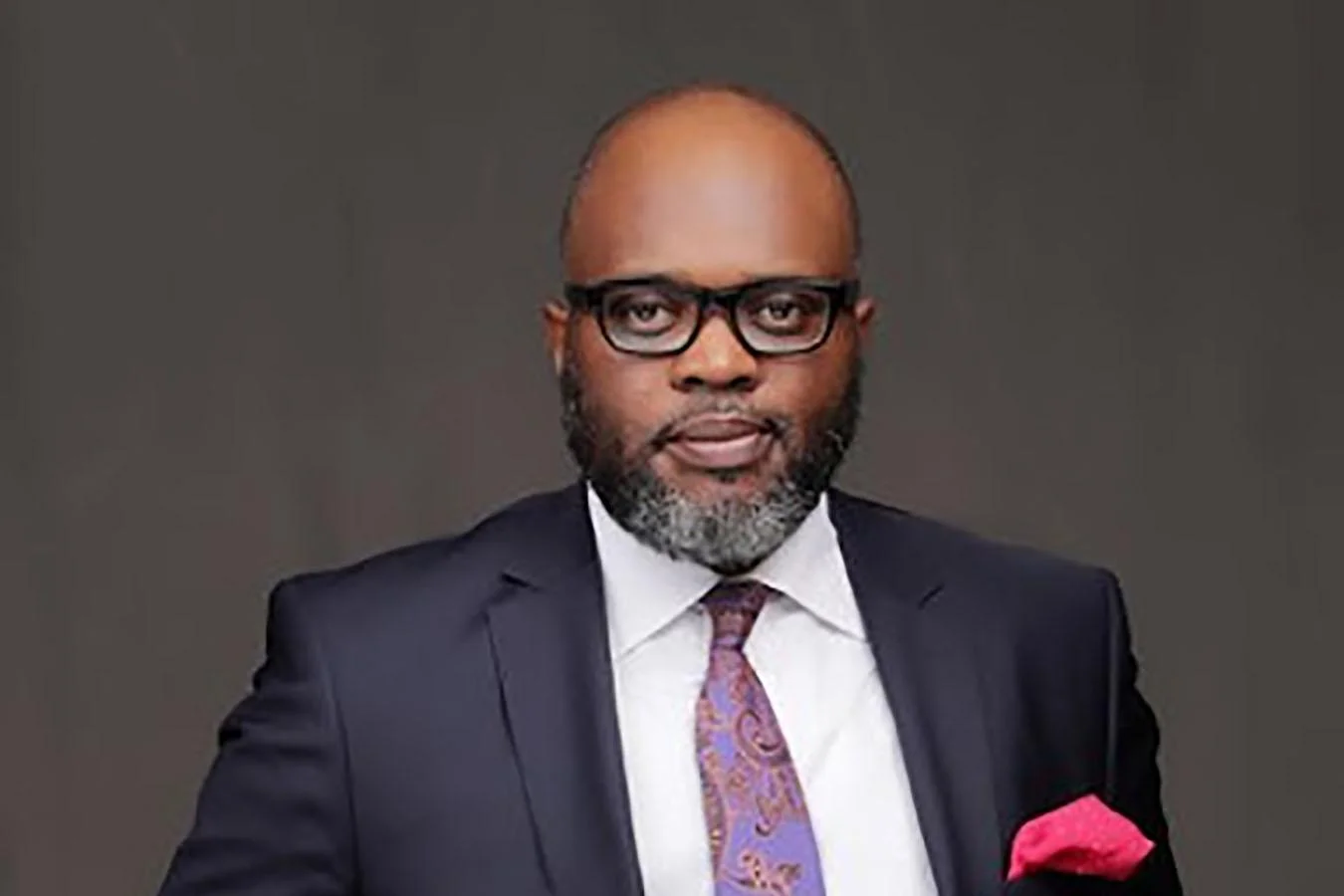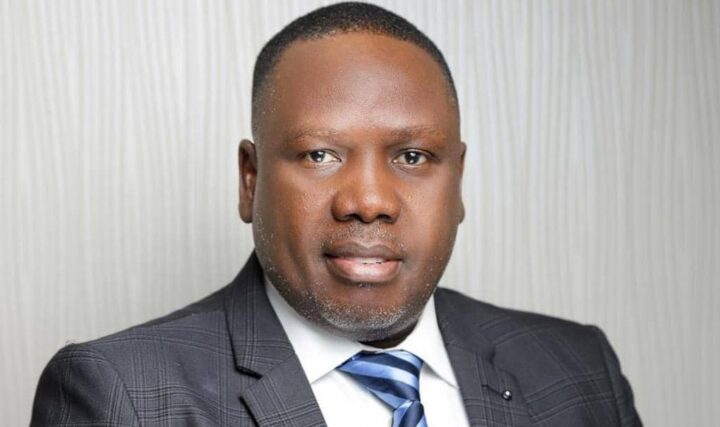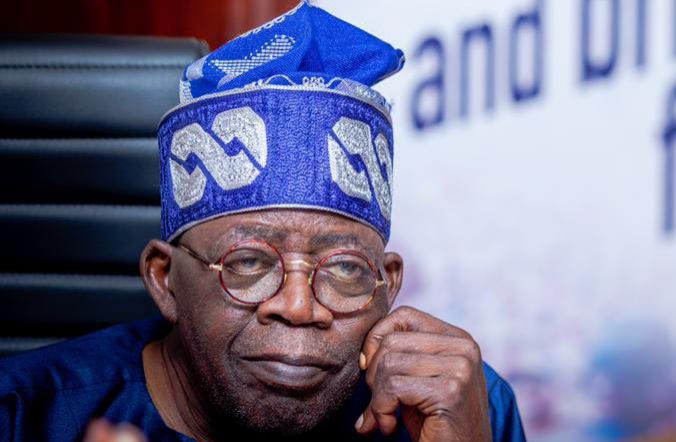Benue Killings: Recurring Massacres

An impromptu visit by President Bola Tinubu to Benue State, following a horrific massacre that claimed the lives of over 200 defenseless citizens, has underscored deep-seated concerns regarding the pervasive violence and the effectiveness of Nigeria's anti-terrorism efforts. Such brutal killings of innocent people have become alarmingly frequent in Benue and other regions, often met with mere lamentations and unfulfilled pledges from authorities to bring perpetrators to justice. There is an urgent call for sincere, potent, and sustainable action against these seemingly genocidal attacks by criminal groups, with demands to identify and punish those responsible, as the wanton destruction of human life thrives in an environment where impunity reigns.
On the evening of Friday, June 13, 2025, Benue State suffered another devastating wave of violence when terrorists invaded Yelewata town in Guma Local Council. They cruelly killed approximately 200 residents and set their homes ablaze. The attack specifically targeted internally displaced families housed in temporary accommodations at the market square in Yelewata, near Makurdi. The criminals poured fuel on the doors of these buildings as the occupants slept, setting them on fire and attacking with machetes anyone attempting to flee. Earlier that same evening, police had reportedly repelled the attackers from St. Joseph’s Church in Yelewata, where up to 700 displaced individuals were sleeping. However, the terrorists later stormed the market square, where they unleashed their horrific assault for hours on approximately 500 people, marking a profound atrocity against innocent Nigerians, including women and children.
The international community reacted with dismay, with Pope Leo XIV, head of the Catholic Church, condemning the incident as a ‘terrible massacre’ perpetrated with ‘extreme cruelty.’ On the ground, Chief of Defence Staff (CDS), Gen. Christopher Musa, described the attacks as ‘madness’ during his assessment visit, suggesting that security operatives suspected community insiders provided vital information to the terrorists. Inspector General of Police (IGP), Kayode Egbetokun, characterized the assault as an attack on Nigeria's sovereignty and integrity. Gen. Musa further stated, “We always receive information that these attackers are coming from across the borders. Wherever they are coming from, we will go after them. We must not wait for them to strike first,” disclosing plans to visit Nasarawa State to bolster crucial border security coordination.
However, questions have arisen regarding the efficacy of the military's intelligence and response, particularly given the recurring nature of such killings. The repeated assertion by Gen. Musa that information about cross-border attackers is ‘always’ received begs the question of what proactive measures were taken previously. Critics argue that strengthening border security should not be a reactive measure initiated only after a major massacre. Furthermore, the police’s inability to replicate their earlier success in repelling the attackers at St. Joseph’s Church when the same terrorists unleashed havoc at the market square on the same evening highlights a troubling inconsistency in security response. While the attack on Nigeria's sovereignty is acknowledged, many question if security operatives gave the violence the serious attention it deserved from the outset.
The response from the presidency has also been met with significant public dissatisfaction. The incident occurred on June 13, yet President Bola Tinubu’s visit to Benue did not happen until June 18. His directive to service chiefs to enforce an ‘earlier directive’ aimed at achieving lasting peace in Benue has been viewed critically, with citizens believing that prior, effective implementation could have saved many lives. Concerns persist regarding the relocation of top military chiefs to Benue, as instructed, given that those who visited the state reportedly left after only a few hours, suggesting personal safety concerns. President Tinubu’s request for Benue State Governor Hyacinth Alia to lead a dialogue and reconciliation process also raises questions about who Governor Alia is expected to dialogue with, especially if the attackers are indeed foreign elements as stated by the military.
A pervasive belief among Nigerians is that the fight against terrorism has become a lucrative enterprise for many individuals tasked with ending the menace, while the nation continues to suffer. There is widespread suspicion that security operatives and institutions are compromised, with some personnel allegedly collaborating with political office holders to benefit financially from taxpayers’ money allocated for the anti-terrorism war. This perceived corruption within the anti-insurgency fight is increasingly seen as the primary obstacle to effectively obliterating criminal elements, rather than a lack of operational capacity by security agencies. Trillions of naira have reportedly been spent with minimal tangible results, prompting calls for a thorough probe. It is imperative that the government critically reviews its approach to anti-terrorism efforts to ensure their effectiveness, halt the senseless shedding of innocent blood, and safeguard Nigeria from further ridicule and annihilation.
You may also like...
Diddy's Legal Troubles & Racketeering Trial

Music mogul Sean 'Diddy' Combs was acquitted of sex trafficking and racketeering charges but convicted on transportation...
Thomas Partey Faces Rape & Sexual Assault Charges

Former Arsenal midfielder Thomas Partey has been formally charged with multiple counts of rape and sexual assault by UK ...
Nigeria Universities Changes Admission Policies

JAMB has clarified its admission policies, rectifying a student's status, reiterating the necessity of its Central Admis...
Ghana's Economic Reforms & Gold Sector Initiatives

Ghana is undertaking a comprehensive economic overhaul with President John Dramani Mahama's 24-Hour Economy and Accelera...
WAFCON 2024 African Women's Football Tournament

The 2024 Women's Africa Cup of Nations opened with thrilling matches, seeing Nigeria's Super Falcons secure a dominant 3...
Emergence & Dynamics of Nigeria's ADC Coalition

A new opposition coalition, led by the African Democratic Congress (ADC), is emerging to challenge President Bola Ahmed ...
Demise of Olubadan of Ibadanland
Oba Owolabi Olakulehin, the 43rd Olubadan of Ibadanland, has died at 90, concluding a life of distinguished service in t...
Death of Nigerian Goalkeeping Legend Peter Rufai

Nigerian football mourns the death of legendary Super Eagles goalkeeper Peter Rufai, who passed away at 61. Known as 'Do...



